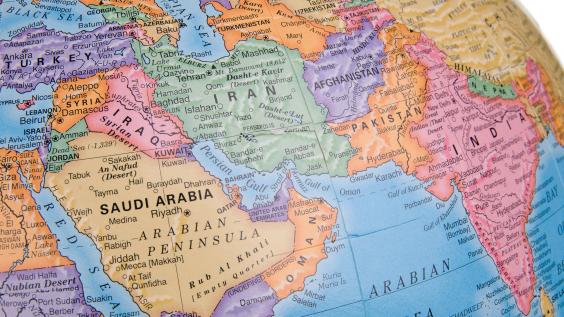Gender in the Middle East: Islam, State, Agency

Table of Contents
Author(s)
Mounira Charrad
Former Nonresident FellowAbstract
The scholarship on gender in the Middle East takes two objectives as its mandate: first, to dismantle the stereotype of passive and powerless Muslim women and, second, to challenge the notion that Islam shapes women's condition in the same way in all places. The urgency of this endeavor is heightened by the fact that gender has come to demarcate battle lines in geopolitical struggles since September 11, 2001, and to occupy a central place in the discourse of international relations in regard to Muslim countries. To reflect the major developments in the field, I offer a critical analysis of the scholarship on issues that constitute the core of the intellectual discourse on gender in the Middle East. These include the critique of Orientalism past and present; the exploration of the diversity within Islam; the study of states and gender with respect to symbolic representations, institutions, and kin-based solidarities; the analysis of women's agency; and the debates surrounding feminism and the veil.
Read the full article in Annual Review of Sociology.


